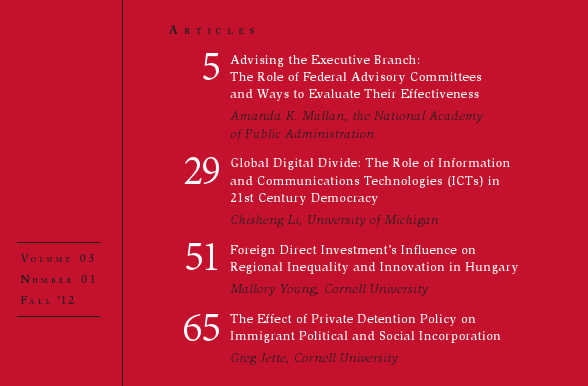This article was originally posted at EBONY.
There was a 16-year-old girl named Gabby, and she ended up getting pregnant,” a young woman’s voice begins to tell us. Her words are set to beats and rhymes on a SoundCloud recording produced by the Illinois Caucus for Adolescent Health (ICAH), a Chicago nonprofit that supports youth accessing reproductive and queer justice. Her story continues, “She knew that if she told her parents, that her parents were gonna make her keep the child. So, she decided to go and get an unsafe abortion. What ended up happening was, I don’t know the exact complications that she had, but she did have complications from the unsafe abortion, and ended up dying.”
The word ‘dying’ delivers a chilling echo in the teen’s voice. The young woman, Amber*, reminds us that Gabby didn’t have to meet such a horrible death if she were able to access safe healthcare – if there weren’t laws barring her access to care from a licensed, quality abortion provider.
August 15th marks the one-year anniversary of Illinois’ enforcement of the Parental Notification of Abortion Law of 1995, which requires an abortion provider to notify a parent or guardian of a youth within 48 hours of their abortion. The law was originally passed in 1995, but was caught up in court battles for years. Last summer, the Illinois Supreme Court ruled that the law could be applied to young people, 17 and younger.
With the law as written, a teen would need to notify a parent or guardian, but does not need to obtain their consent for the abortion. It is hard to see how it is much different. Young people do have the option of trying to obtain a bypass from a judge if they don’t feel that they can notify a parent or guardian, however it is an arduous process that requires them to miss a day of school and go before a judge who might not support their access to healthcare. A judge who may pass judgment on a young person simply because of how they look, where they come from, or the color of their skin. No matter who a young person is forced to notify when accessing an abortion – whether it’s a family member or a judge – this law seeks to shame them for simply wanting one.
Forced parental notification, like many anti-abortion bills, are deliberate barriers designed to keep those who already face barriers, including low-income people, immigrants, communities of color, queer and young people from accessing safe abortion care from affordable and licensed abortion providers.
Illinois is one of 38 states that requires parental notification and/or consent for young women seeking to terminate a pregnancy.
You can’t legislate good communication between families, and you certainly won’t do it by forcing young people to seek unsafe abortion care. These laws aren’t about health or safety – quite the opposite. They don’t improve quality of care. They simply place yet another barrier in front of young people’s ability to make the best decision for the personal circumstances.
Read the full article at EBONY.

